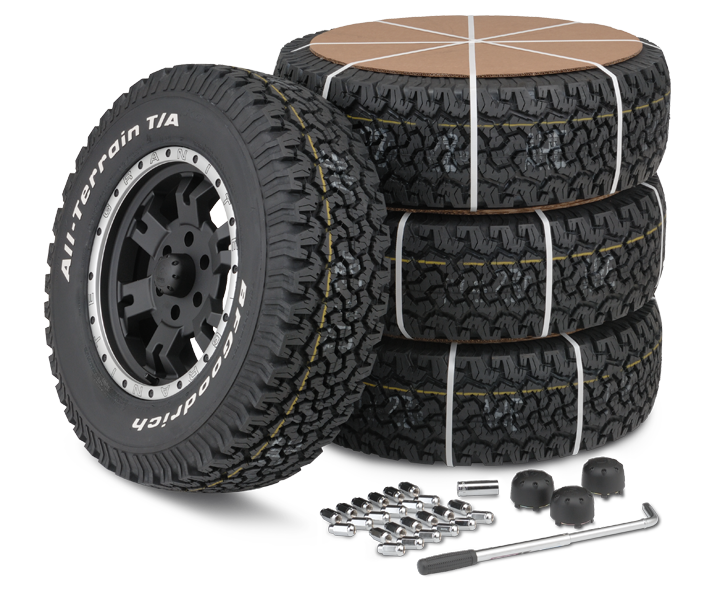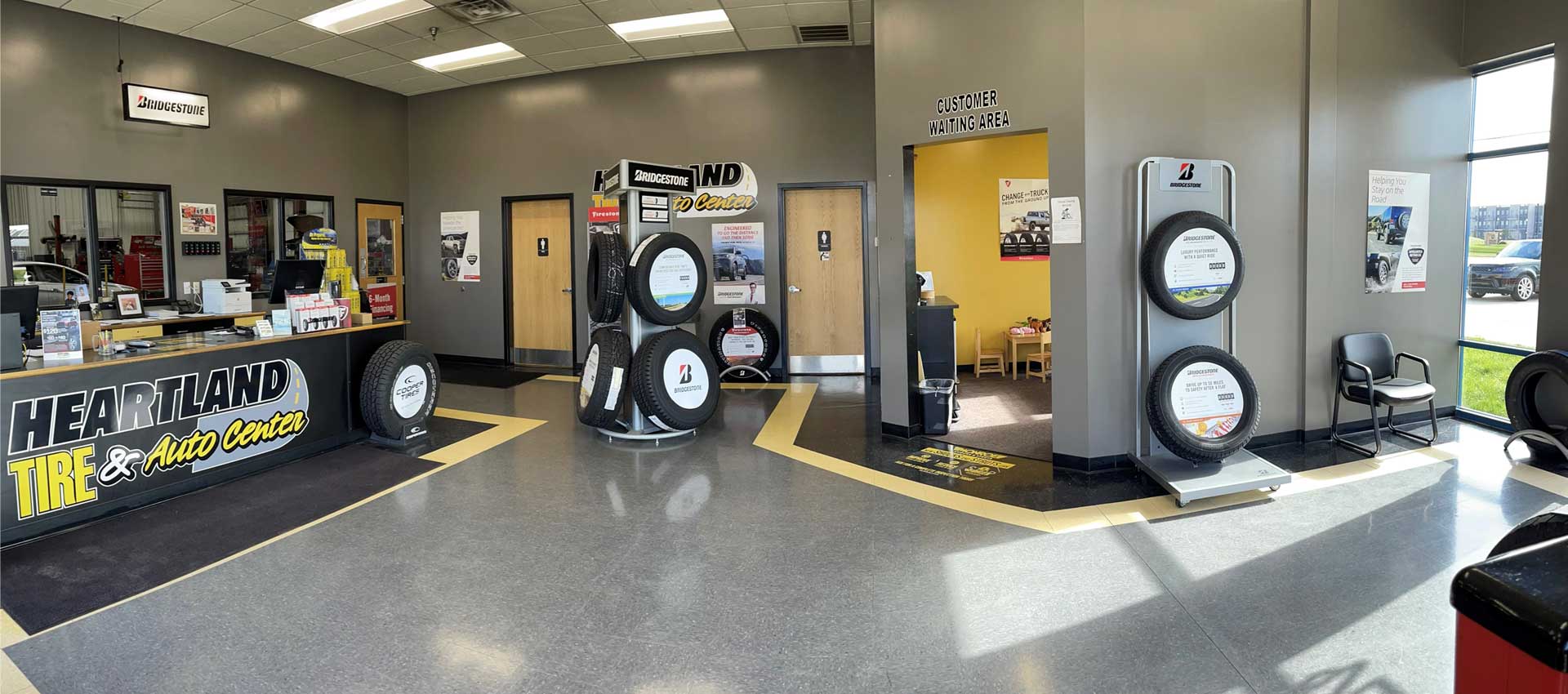Tire Solution: Recognizing Tire Pressure Monitoring Systems
Understanding Tire Stress Tracking Equipments (TPMS) is a vital aspect of keeping optimal lorry performance and safety on the roadway. With developments in automotive modern technology, TPMS has come to be a standard feature in modern cars, supplying real-time info on tire stress degrees.

Relevance of TPMS
The relevance of Tire Pressure Tracking Systems (TPMS) lies in their capability to boost vehicle security and efficiency through real-time surveillance of tire pressure degrees. Keeping the correct tire pressure is crucial for making sure optimal handling, braking, and general safety and security of a car. TPMS offers vehicle drivers with immediate comments on any type of underinflated or overinflated tires, permitting timely changes to be made.
Parts of TPMS
Sensors are usually located in the tire shutoff stem or attached to the wheel setting up, where they determine tire pressure and send data to the control component. Some advanced TPMS designs additionally present the actual tire stress analyses for each tire, providing drivers with real-time details to guarantee optimal tire performance and security. By monitoring tire pressure continuously, TPMS helps prevent mishaps, lowers tire wear, and enhances fuel effectiveness, making it a vital element for automobile safety and security and efficiency. discount tires morris il.
Kinds of TPMS

On the various other hand, indirect TPMS counts on the lorry's wheel rate sensors to check tire pressure. This system finds underinflation by comparing the rotational speeds of the wheels. Indirect TPMS is much less pricey than straight TPMS, as it utilizes existing sensing units within the automobile.
While straight TPMS provides much more precise readings, indirect TPMS is simpler in style and normally requires less maintenance. Both systems have their advantages and constraints, and the selection between them commonly relies on elements such as expense, vehicle make, and personal choice. Recognizing the distinctions in between these two kinds of TPMS can help automobile proprietors make notified decisions regarding tire upkeep and security.
TPMS Maintenance Tips
Efficient maintenance of TPMS is vital for guaranteeing optimal efficiency and safety of your lorry. Regularly checking the TPMS sensing units for any kind of damage or rust click this site is critical. Ensure that the sensors are totally free and clean from debris that might hinder their functioning. Furthermore, it is a good idea to examine the sensor batteries regularly and change them as needed to ensure precise analyses. Conduct routine look at the tire stress levels and contrast them with the TPMS readings to guarantee they are consistent. If there are any type of discrepancies, alter the system following the manufacturer's standards. In addition, throughout tire turning or replacement, make sure that the TPMS parts are managed very carefully to stop any kind of potential damages. Finally, if the TPMS alerting light illuminates on the control panel, resolve the problem promptly by inspecting the tire stress and the general system for any type of mistakes. By adhering to these maintenance tips, you can lengthen the lifespan of your TPMS and enhance the security of your driving experience.
Benefits of Correct Tire Pressure
Maintaining additional info appropriate tire stress, as emphasized in TPMS Upkeep Tips, is important for enjoying the many benefits linked with optimal tire stress degrees. Furthermore, appropriate tire stress ensures also tire wear, prolonging the lifespan of the tires and promoting safer driving conditions. In conclusion, the advantages of correct tire pressure go past just tire durability; they include enhanced fuel performance, boosted security, far better automobile performance, and general driving comfort.
Verdict
Finally, understanding tire stress monitoring systems (TPMS) is crucial for preserving optimal tire stress and ensuring lorry safety. By identifying the significance of TPMS, knowing with its components, understanding the various types readily available, adhering to appropriate upkeep suggestions, and understanding the benefits of keeping appropriate tire stress, motorists can enhance their driving experience and lengthen the life expectancy of their tires. Correct tire stress is key to effective and secure car important source operation.
